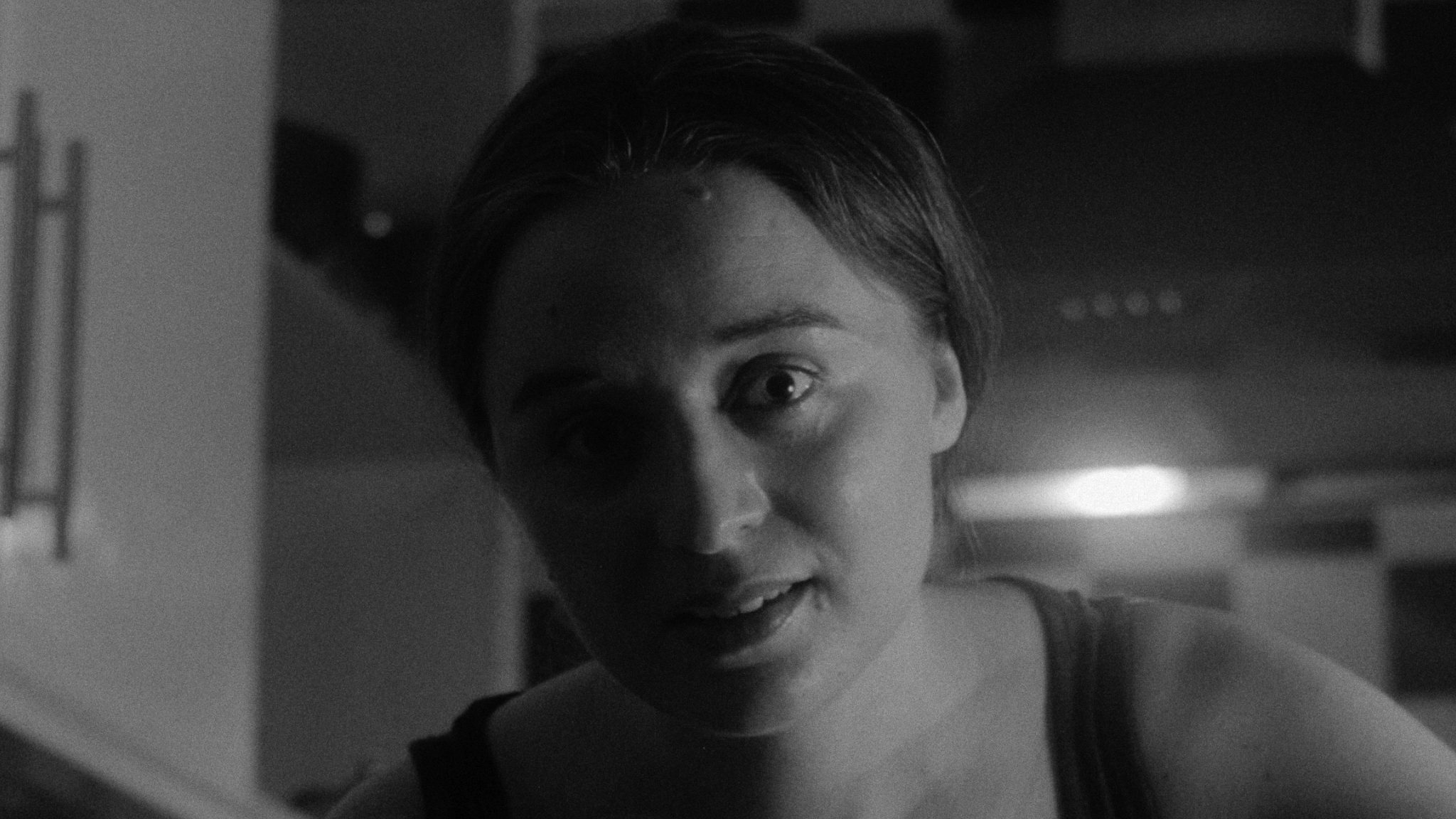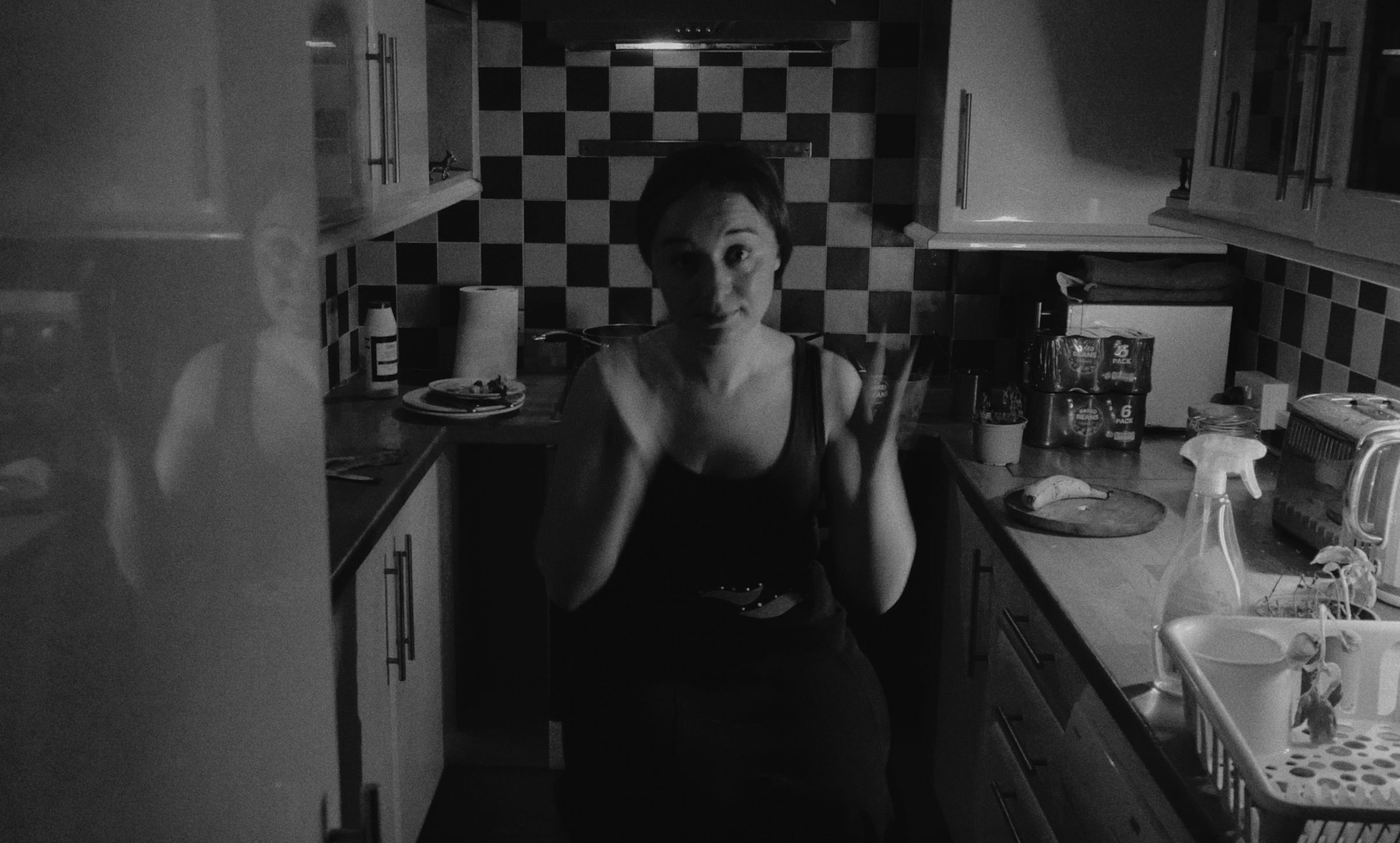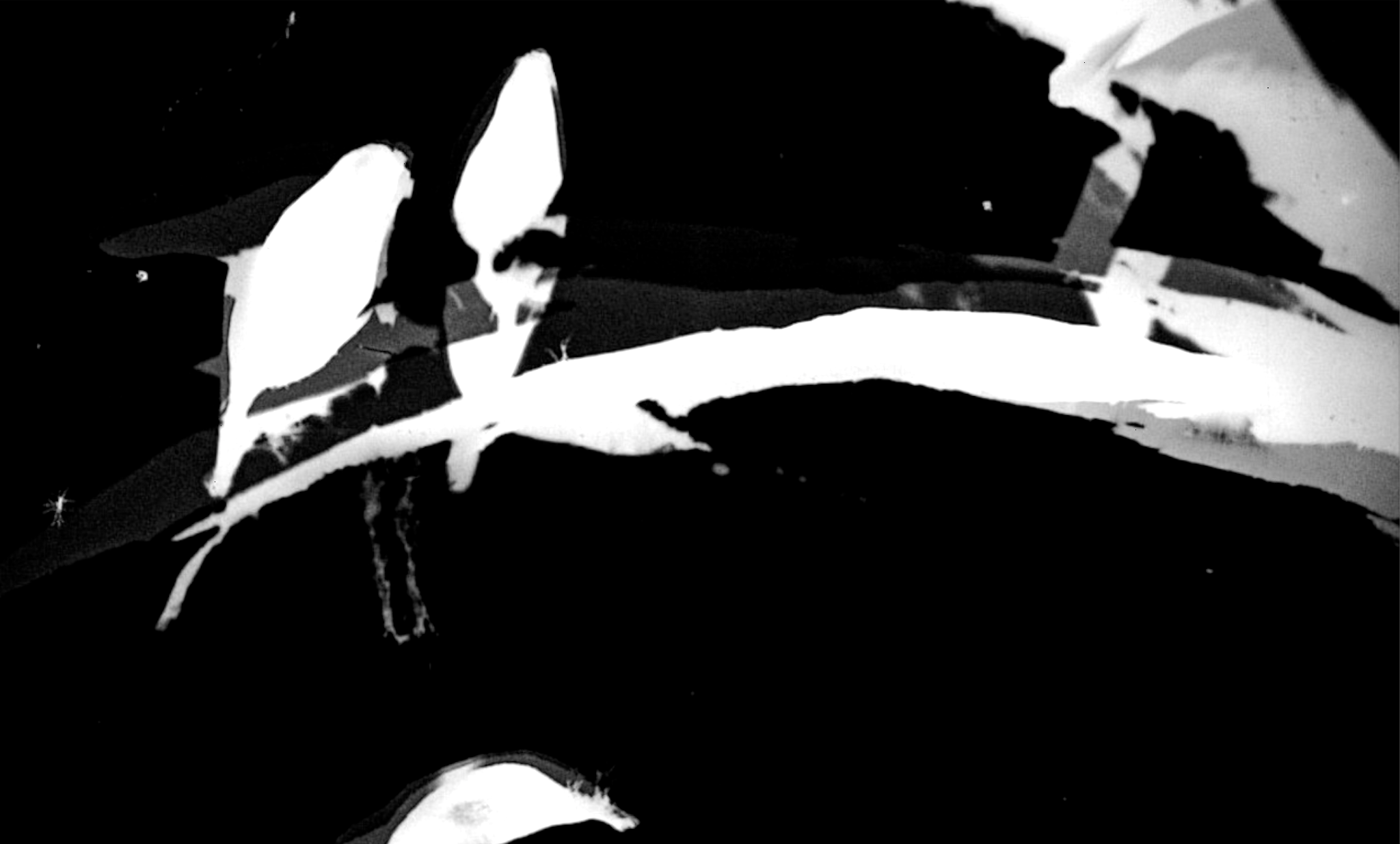It has become increasingly noted how growing numbers of people have looked to the acquisition of a pet to fill a hole in their lives or to soften an experience of grief or loss, and how this intimate bond between animal and human can be strangely intense, especially in what has been the strangest of times. In Toby Parker Rees’s short film the great dog, Pan, the owner of the dog of the title declares how her feelings for him have shifted: from beastie to bestie; from doting companion and emotional crutch to something much more tangled and complicated. If you are going to name your dog after a god, it should perhaps come as no surprise when the relationship proves revelatory or transformative. And if you are going to name it after the iconic deity of wild nature and often wilder conduct, it might be best to prepare for things to turn atavistic, feral, primal. In a rambling soliloquy that mixes vivid reminiscence and retrospective self-justification, and is enacted in front of an invisible, eyebrow-raising interlocutor, Pan’s owner attempts to explain her out-of-character behaviour, punctuated with sidelong glances at the dog itself, whose company evidently still holds her in thrall – so much so that she begins to wonder whether he is even a dog at all, and not the earthly representative of some mysterious, intoxicating spirit. It may be true, as the old saying goes, that dogs grow to resemble their owners just as owners start to resemble their dogs. More telling, perhaps, and particularly in the weird neverland of the post-pandemic moment, is the film’s insight that animals are not just sensitive bellwethers of people’s changing moods. They are also, in their own unique way, instinctive diviners and pastoral tenders of people’s changeable mental health.
Read the essay Pandaemonium, in which writer and cultural critic Nathalie Olah considers the intimate nature of the human-animal bond in Toby Parker Rees's film the great dog, Pan.





